Underrated
You know, it’s funny how we can chat for hours on social media, yet find it tough to have a heart-to-heart with someone we care about. I’ve been there, stumbled, and learned a lot along the way. This journey has taught me that good communication is more than just exchanging information; it’s about connecting, understanding, and growing together. Whether you’re navigating a romantic relationship, trying to strengthen family bonds, or just looking to be a better friend, this post is for you. So, grab a cup of coffee, and let’s dive into the world of effective communication – trust me, it’s worth exploring!
The Importance of Communication in Relationships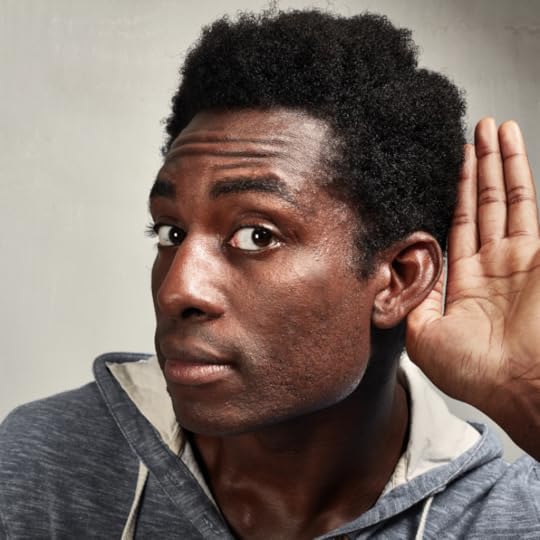
Communication in relationships is like the oxygen they need to survive. It’s not just about chatting about your day or planning your next date night; it’s about connecting on a deeper level. Effective communication builds trust, understanding, and a sense of security. It’s the bridge that connects our world with someone else’s.
I remember this one time when a simple miscommunication turned a small issue into a full-blown argument with my partner. We weren’t just on different pages; we were in entirely different books! It was only after we sat down, shared our perspectives, and really listened to each other that we realized how a lack of clear communication had led us astray.
And it’s not just personal anecdotes that highlight this importance. Studies have shown that couples who communicate effectively report higher levels of relationship satisfaction. It’s like having a secret weapon that helps navigate through the ups and downs of being with someone.
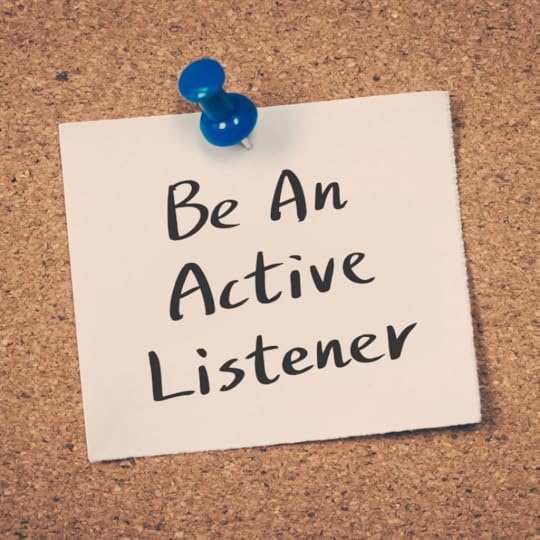
But it’s not just limited to romantic relationships. Think about your friends or family members. Those relationships where you communicate openly and effectively are usually the ones that stand the test of time, right? That’s because effective communication helps in understanding each other’s needs, resolving conflicts, and growing together.
So, what I’ve learned is that investing time and effort into developing our communication skills pays off in every aspect of our relationships. It’s about creating a safe space where everyone feels heard, understood, and valued. And isn’t that what we all want?
Listening: The Underrated SkillNow, let’s talk about a skill that’s often overlooked in communication: listening. Yeah, I know, everyone thinks they’re a good listener. But real, effective listening? That’s an art form in itself.
Active listening is not just about hearing the words; it’s about understanding the message behind them. It’s about being present, showing empathy, and making the other person feel heard. I learned this the hard way. I used to be that person who would listen only to respond, not to understand. It took a few tough conversations and some honest feedback from friends to realize that I wasn’t really ‘listening.’
So, how do you become an active listener? First, it’s about giving your full attention. Put away your phone, turn off the TV, and focus on the person speaking. Then, it’s about showing that you’re engaged. Nodding your head, making eye contact, and responding with relevant questions or comments can make all the difference.

I remember this one time when a friend was going through a tough situation. Instead of offering solutions or advice, I just listened. I let them vent, express their feelings, and just be heard. It was a turning point for me, realizing how powerful listening can be in strengthening a relationship.
Another key aspect is to avoid making assumptions or judgments. We all see the world through our lenses, but effective listening requires us to step into the other person’s shoes. It’s about understanding their perspective, even if we don’t agree with it.
In my journey, I’ve found that improving my listening skills has not only helped me in my personal relationships but also in my professional life. People appreciate when you genuinely listen to them. It builds trust, respect, and a deeper connection.
So, if there’s one thing I’d recommend to anyone looking to improve their communication in relationships, it’s this: become an active listener. It might just change the way you interact with the world.
The Art of Expressing FeelingsTalking about our feelings openly and honestly can be daunting, right? But it’s a crucial part of effective communication in relationships. It’s about being vulnerable and authentic, and let me tell you, it’s not always easy.
Expressing feelings is more than just saying “I’m sad” or “I’m happy.” It’s about sharing the ‘why’ behind these emotions. This helps the other person understand your perspective and brings clarity to your interactions. For example, instead of just saying, “I’m upset with you,” it’s more helpful to express, “I’m upset because I felt ignored when you didn’t acknowledge my accomplishment today.”
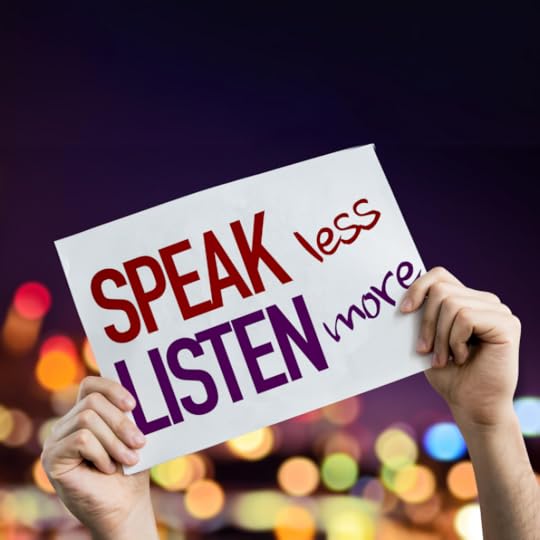
Learning to express my feelings was a journey. I used to bottle things up, thinking I was avoiding conflict. Spoiler alert: it only made things worse. Over time, I learned that sharing my feelings in a calm and clear manner often leads to more understanding and less conflict.
It’s also important to use “I” statements. This means taking ownership of your feelings rather than placing blame. For instance, saying, “I feel hurt when you cancel our plans last minute,” instead of, “You always hurt me by canceling plans.” See the difference? It’s less accusatory and more about expressing your feelings.
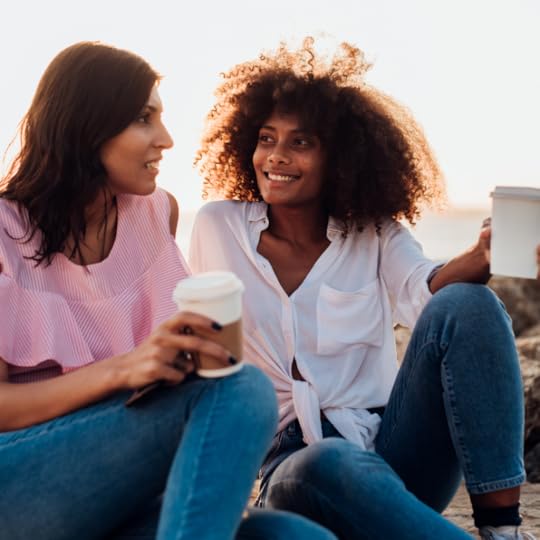
Remember, timing is key. Bringing up a sensitive topic when you’re both stressed or in a rush isn’t the best idea. Choose a calm moment, maybe over a cup of coffee or during a quiet evening, to express your feelings.
Another thing I’ve learned is the importance of being honest, but also kind. Honesty doesn’t mean being harsh. It’s possible to express difficult feelings without being hurtful.
Expressing feelings effectively can deepen your connection with others. It fosters a sense of closeness and trust, and allows others to understand and support you better. So, don’t shy away from expressing how you feel. It’s a powerful tool in the art of communication.
Conflict Resolution through CommunicationConflict is a natural part of any relationship, but it’s not the conflict itself that’s the problem; it’s how we handle it. Effective communication plays a pivotal role in resolving conflicts. It’s about finding a middle ground where both parties feel heard and respected.
In my experience, the first step in conflict resolution is acknowledging that there’s a problem. Sounds simple, but it’s often the hardest part. It’s easy to ignore issues or hope they’ll resolve themselves, but that rarely happens. A conflict I had with my sibling over something as trivial as who should host the family holiday dinner escalated because we both avoided discussing it. When we finally sat down to talk, we realized how a simple conversation could have prevented days of unnecessary tension.
When addressing conflicts, it’s crucial to focus on the issue, not the person. Avoid using language that’s accusatory or inflammatory. Phrases like “You always…” or “You never…” can make the other person defensive. Instead, try “I feel…” or “I think…” to express your perspective without blaming.
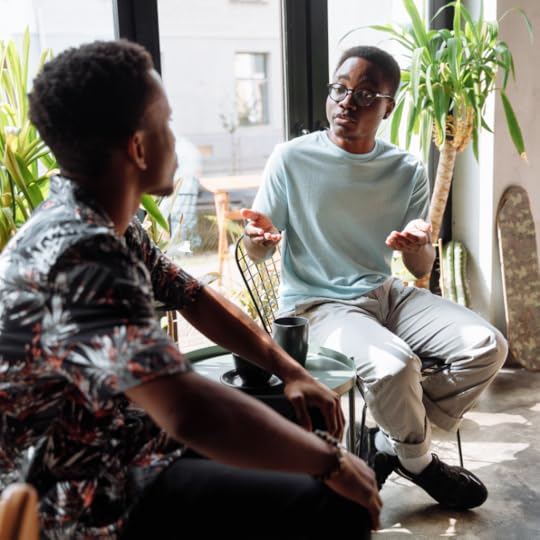
Active listening, as mentioned earlier, is key here too. Allow the other person to express their side of the story without interrupting. You might discover misunderstandings that have contributed to the conflict. I’ve found that many disagreements stem from miscommunications or differing perspectives, not from intentional wrongdoing.
Finding a solution that works for both parties is the goal. This might involve compromise or agreeing to disagree on certain points. The aim is not to ‘win’ the argument but to resolve the conflict in a way that strengthens the relationship.
Remember, resolving conflicts through communication is not just about solving the immediate issue. It’s also about learning more about each other and growing together. Every resolved conflict is an opportunity to build a stronger, more understanding relationship.
Non-Verbal Communication: Speaking Without WordsWe often focus on words when we talk about communication, but non-verbal cues like body language, facial expressions, and tone of voice are equally important. These silent signals can speak volumes.
For instance, have you ever had a conversation where the words said “I’m fine,” but the crossed arms, avoiding eye contact, or a cold tone said otherwise? That’s non-verbal communication at work. I learned to pay attention to these cues both in expressing myself and in understanding others.
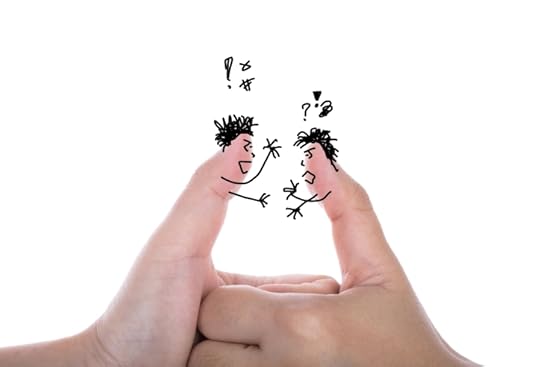
Body language, especially, can reveal a lot about a person’s feelings and intentions. Open body language, like uncrossed arms, relaxed posture, and direct eye contact, tends to indicate openness and honesty. On the other hand, closed body language can signal discomfort or disagreement.
Tone of voice is another powerful aspect of non-verbal communication. The same sentence can have entirely different meanings based on the tone. I remember once my partner thanked me for doing the dishes, but the sarcastic tone made it clear that the thanks was anything but genuine.
Being aware of your own non-verbal cues is also important. I’ve been trying to be more conscious of my body language and tone, especially in important or sensitive conversations. It’s amazing how small changes can improve the way your message is received.
Non-verbal communication also plays a crucial role in empathy. Mirroring someone’s body language or tone can create a sense of understanding and connection. But be genuine – people can usually tell when you’re faking it.

So, while words are essential, remember that a significant part of communication is also about what we don’t say. Being aware of and understanding non-verbal cues can greatly enhance the way we communicate and connect with others.
And there you have it – a journey through the art of effective communication in relationships. From the importance of listening and expressing our feelings to resolving conflicts and understanding non-verbal cues, communication is a multifaceted skill that can transform our interactions. Remember, it’s a continuous learning process. We all make mistakes, but each conversation is an opportunity to improve and grow. So, let’s keep the dialogue open, be honest yet kind, and most importantly, listen with the intent to understand, not just to respond. Here’s to building stronger, more meaningful relationships through the power of effective communication. Happy chatting!



